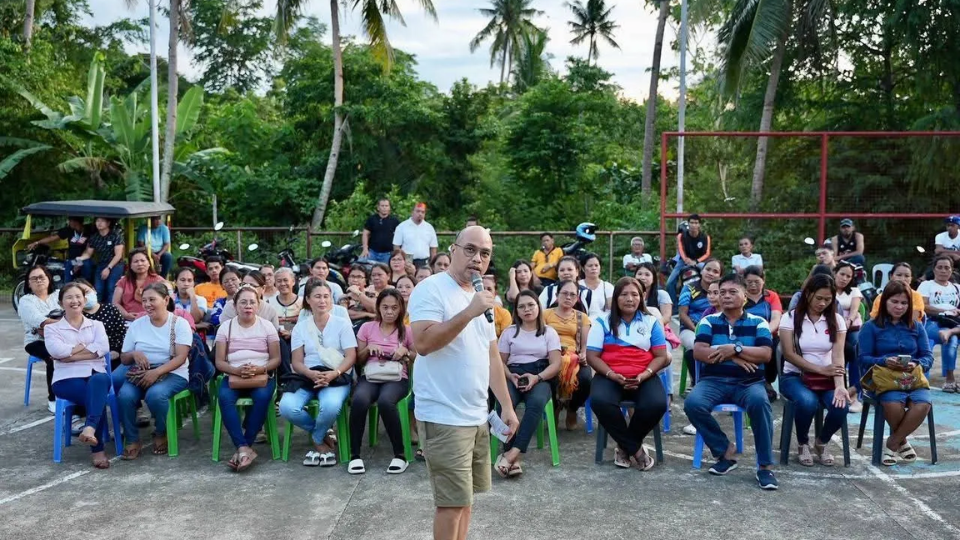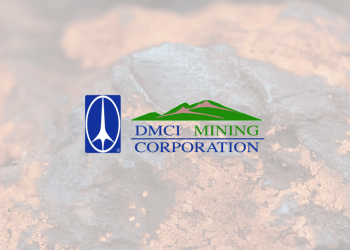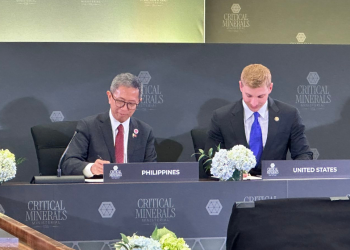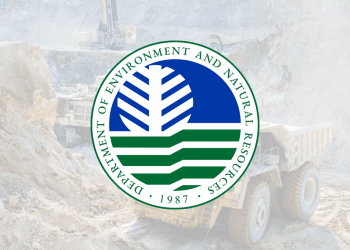Photo credit: Bohol Island News
Revenues from Bohol’s mining and quarrying sector jumped to a record PHP 141 million this year, up from PHP 15 million under the previous administration, driven by stricter enforcement, fairer collection practices, and a new provincial ordinance taxing imported aggregates.
“We take this seriously because we want the province’s income from quarrying and sand operations to go directly into government coffers,” Governor Aumentado said during the latest episode of Aris sa Katawhan: Takna sa Gobernador, Bohol Island News reports.
The boost in revenue has benefited local governments. Data from the Bohol Mineral Resources Regulatory Office (BMinRRO) showed barangays have received PHP 52.22 million, while municipalities got PHP 44.18 million. “This has a big impact on our barangays and LGUs since it gives them additional income for their operations and development projects,” Aumentado added.
Retired Col. Eduardo Malig-on, head of the Bohol Environmental Protection Task Force, said enforcement has been “strict but fair,” following the governor’s directive of “no political colors” in applying mining and quarrying laws. Two task force teams conduct regular inspections and checkpoints, impounding trucks transporting sand and gravel without valid delivery receipts until fines are settled.
“Even if they are my friends, if they violate the rules, they must pay their dues,” Aumentado said, emphasizing accountability.
Provincial Ordinance No. 2025-023, which amends the 2020 Bohol Mining Ordinance, allows the province to collect taxes from mining operators importing aggregates — an area previously untaxed for over three decades. BMinRRO Head Engr. Ana Luisa Galicinao said this measure ensures new income while regulating imports that affect public infrastructure.
A training and briefing for around 100 mining stakeholders is scheduled on December 10 to ensure compliance with the new rules.
“These reforms prove that when systems are transparent and fair, everyone benefits — from the province down to the barangays,” Aumentado said, highlighting Bohol’s approach as a model of governance and fiscal reform.
How will Bohol’s mining revenue reforms affect other Philippine provinces? Share your perspective below.
Follow Ang Minero on Facebook and LinkedIn for more updates.














